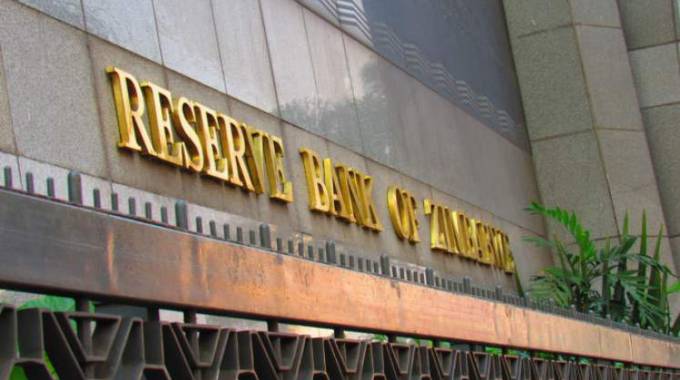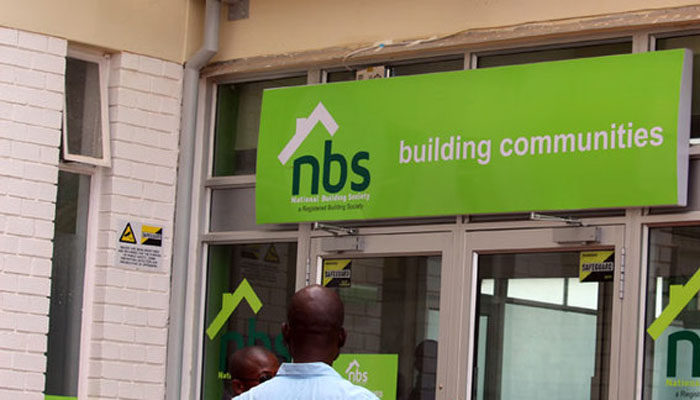
The Sunday Mail

Ndakaziva Majaka
The Reserve Bank of Zimbabwe (RBZ) plans to inject half a billion new notes and coins into circulation by the first half of this year, according to Finance and Economic Development Minister Mthuli Ncube.
To date, the RBZ has injected close to $130 million into the economy since November when disbursement of new notes and coins started, amid indications Treasury is looking to rein in inflation through currency stability.
The funds are expected to ease the demand for physical cash and kill the selling of hard cash.
Minister Ncube said while half a billion was going to find its way into the economy in the first half of 2020, it would injected sparingly to keep Zimbabwe’s broad money supply — widely believed to be a major driver of inflation — in check.
Broad money is notes, coins in circulation and all deposits within banks, what is called total stock of money.
“We have put in close to $130 million into the economy. Over the next six months we will do half a billion. We are being responsible, prudent and careful. We want to make sure that our Zimbabwe dollar remains stable, that it is not a source of price increases,” Minister Ncube said on the sidelines of a signing ceremony between his ministry and the African Development Bank for the tax and accountability enhancement project (TAEP).
The Treasury chief pointed out that he was working to ensure that Government expenditure remained under control.
In the third quarter of 2019, Treasury declared a budget surplus of $59,3 million, according to a third quarter bulletin by the Finance Ministry.
“We did very well in 2019 and the budget deficit stayed within targets of four percent. We are determined this year to keep it at 1,5 percent of GDP and that will contribute to currency stability.
“Likewise, the central bank will work very hard to make sure that the growth in money supply is within targets so that it does not contribute to currency volatility. This is because once we can de-couple currency volatility from price increases then we are sure that our currency will be a source of value,” he said.
The RBZ introduced new $2 coins and $2 and $5 notes following a surge in demand for cash in the informal sector which operates largely on a cash basis or offers discounts for cash. Lately, informal traders have taken to rejecting smaller denominated coins.
Minister Ncube said the RBZ was tightening controls to maintain the leash on broad money supply, which also drives demand for foreign currency thereby pushing exchange rates up, making it a tool for inflation transmission.
This comes as President Emmerson Mnangagwa told Zimbabweans to “defend and protect” the country’s currency from collapse in 2020 in his New Year message to the nation.
“There is no going back on mono-currency. Let us individually and collectively defend and protect it, a symbol of national pride and sovereignty,” the President said.
Despite the injection of the $130 million, depositors interviewed by The Sunday Mail over the past week said they still faced challenges obtaining cash from banks.
Economists say while the RBZ was right to increase cash in circulation given the high demand, it would take time before cash queues disappear.
The recommended cash levels in circulation are 10 percent to 15 percent of money supply, which is presently estimated at $19 billion. This means Zimbabwe requires about $2 billion in physical cash, yet there is about $720 million in circulation.
Last year, the Zimbabwe dollar plunged from 1:2,50, when it first started formal trading in February, to 1:16 on the interbank market.
The currency was weaker on the black market where it closed the year trading at 1:22 with the US dollar.
However, Minister Ncube maintains that currency volatility is a thing of the past.
“With progression of the year, you will realise and come to accept that the measures introduced will start bearing fruit,” he said.
Turning to introduction of higher denomination notes, Minister Ncube said it was work in progress.
“I can’t give you a date as of now, but we are working on it. Sooner rather than later we will have higher denomination notes. Over time, we will put more and more higher denominated notes as the President has mentioned,” he said.



